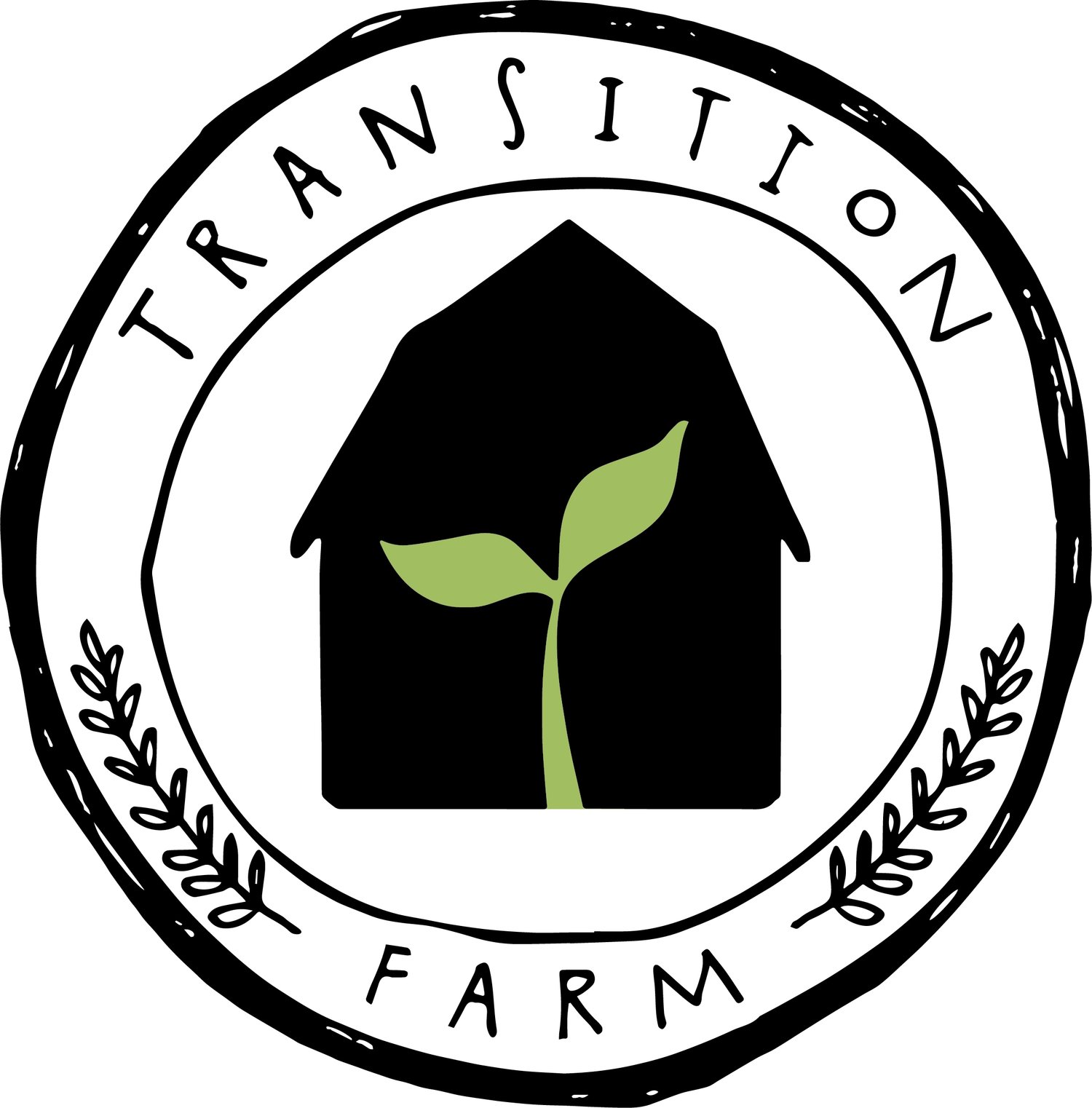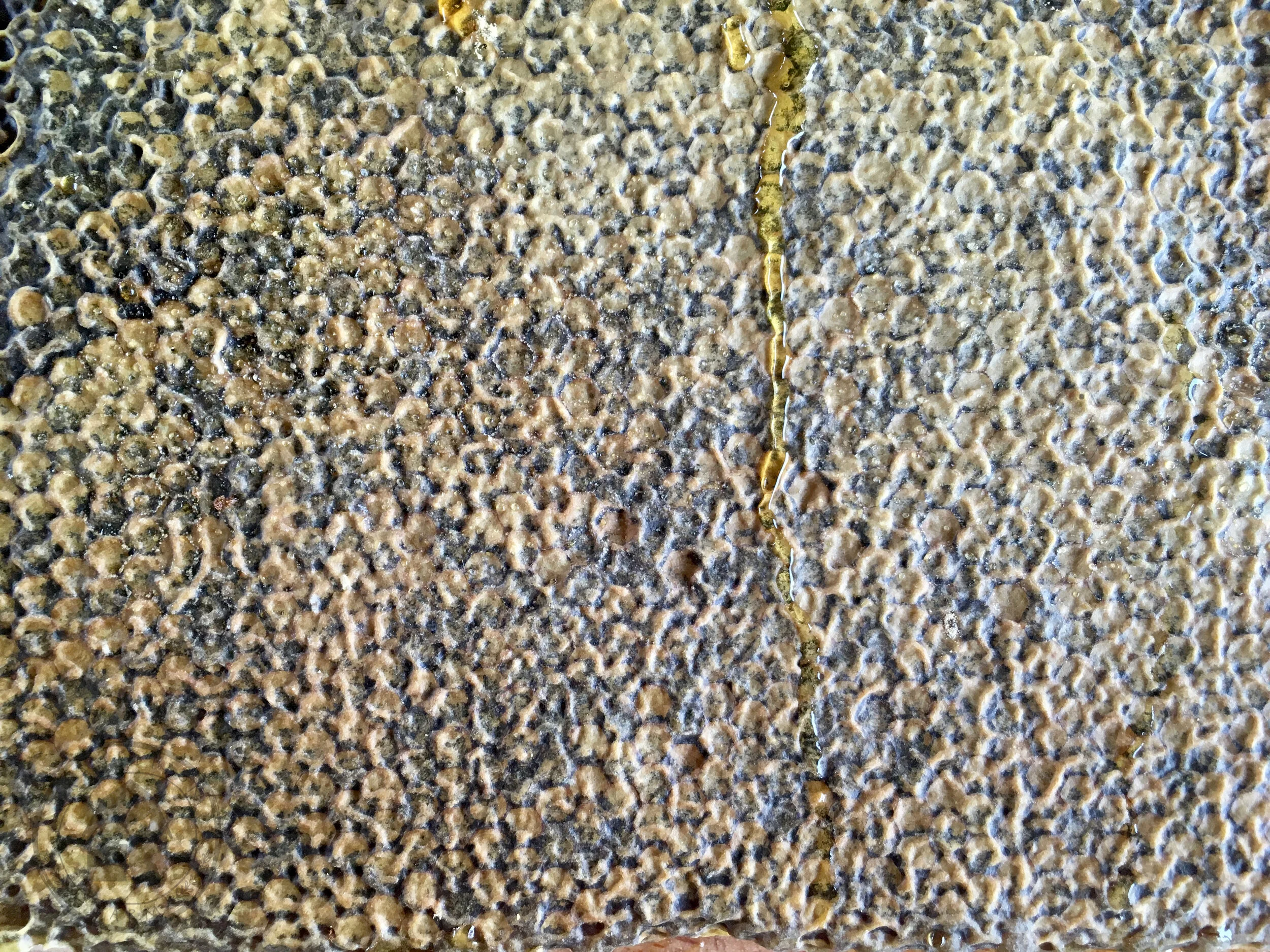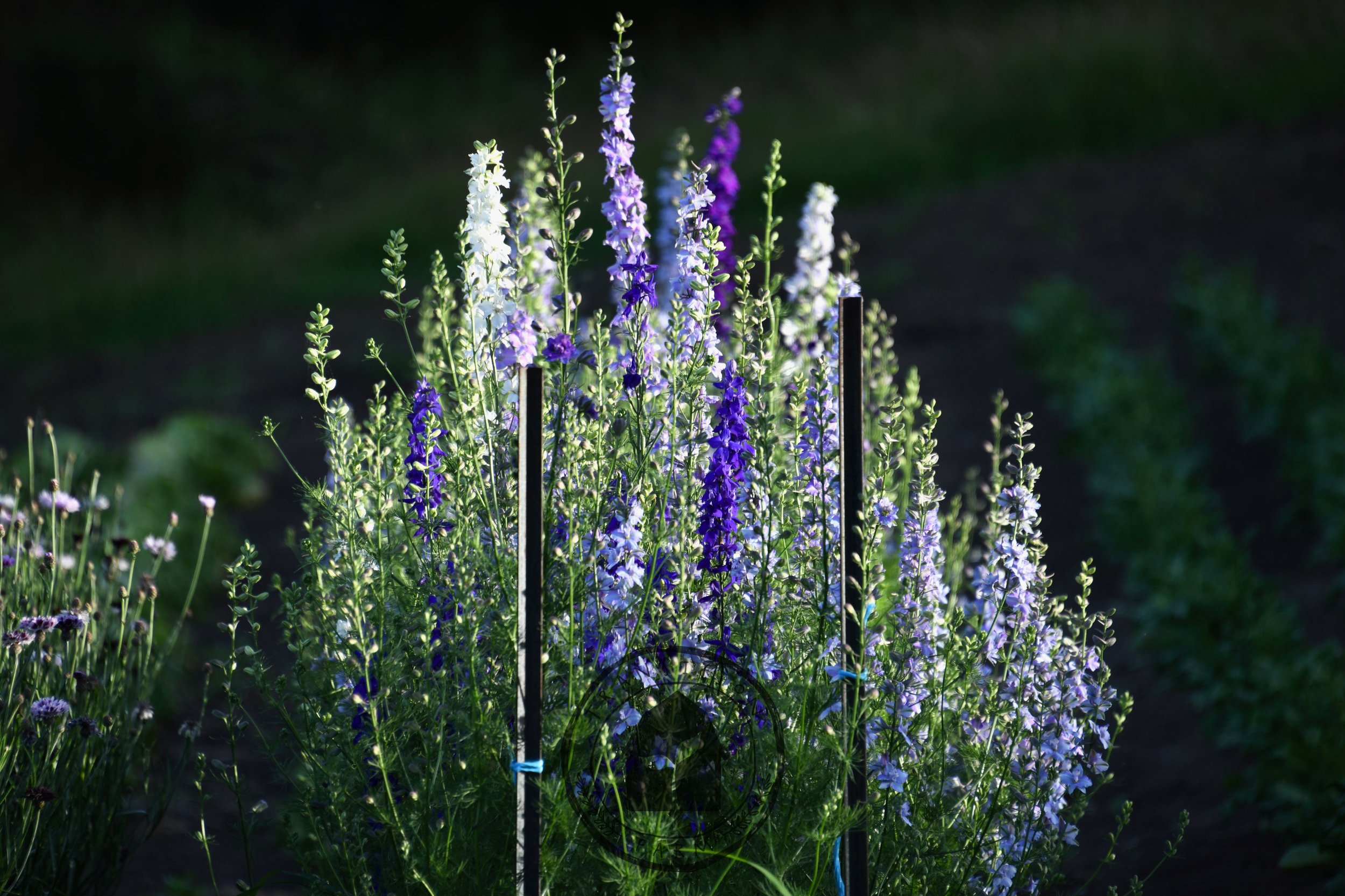Transition Farm Natural Bee Keeping and Raw, Cold Pressed Honey
/One of the bee colony sites in the natural Tea Tree environment on our farm
Since 2016, we have maintained bee colonies here on our Demeter certified bio-dynamic and certified organic property. Our bee colonies reside in bee- friendly Warre hives living in a "wild" manner. Our centre focus is on bee health as opposed to the production of honey. Intrinsic in this approach is the thoughtful maintenance of the colonies with minimal human intervention - we encourage the bees to live in their natural way. This allows them to:
Build their own comb using the wax they exude from their bodies. The frames within the hives contain no plastics
Manage their own reproduction. Swarming, as any form of natural reproduction, ensures the adaptation and survival of the species. While we take measures to try and house our bee swarms, we do not interrupt this ultimate goal of the bee colony nor do we involve ourselves in queen rearing.
Consume their own collected food. Nectar and pollen are collected by the bees and transformed into fermented bee bread and honey - their food. Their health is guided by their own foraging on a diverse range of flowers. We never supplementary feed our bees.
Minimal and thoughtful Intervention. Warre hives allow for colonies to be inspected from below and above (pictured below). We choose a still warm day for inspections and work quickly to cause the least amount of interference.
No Chemicals. We use no chemicals within the hive nor on our farm which is Demeter certified Biodynamic and certified organic.
The bees preparing to expand their colony and store nectar by building more comb in a newly added box.
A great example of a brood nest of worker and drone bees surrounded by cells of pollen and honey - food!
Bee collecting nectar from ‘Leptospermum laevigatum’ - Coastal Tea Tree
The central ethos of Natural Beekeeping is that it provides for the needs of the bee above that of the beekeeper. In addition to not moving our colonies, each season, we only harvest honey that is beyond that which the bees need to maintain themselves. We believe that the health and well-being of our bees greatly improves the quality and purity of the honey. In addition to the native flowering coastal trees [Coastal Wattle, Tea Tree, Moonah, She Oaks and Banksias], we maintain diverse four-season supplies of pollen and nectar sources with bee and pollinator friendly corridors throughout the farm.
When there is extra honey available for harvest, we remove the entire box from the top of the colony. We use a bee excluder and cause very minimal distress (if any) to the colony. We only remove fully capped honey, which is the bees way to mark the honey as complete - this improves the storage of the honey as it contains minimal moisture.
Post brood honeycomb naturally darker in colour
We cold press the honeycomb to extract the honey. Industrial honey is heated to make it easier for the honey to flow and uses heat to ensure a longer shelf life. Cold press honey retains the natural colour and flavour of the flower nectar and the various pollens. The resulting raw honey has a thicker texture, a depth of floral flavour and a full range of naturally present bio-nutrients.
Honey from Transition Farm reflects the unique climate, flowers, ocean air and soil here on the Southern End of the Mornington Peninsula. It is a wonderful representative of this farm and locale’s terrior and our bee management practices.
If you would like to find out when we have honey available, please join our newsletter below.
Honeycomb being cold pressed
If you would like to learn more about natural beekeeping, here are some of our favorite resources:
Natural Bee Keeping In addition to offering their award winning honey products, Tim and Emma Malfoy’s website also offers wonderful information on Natural bee keeping. Robin had the privilege to take a course taught by Tim which gave us a great understanding of natural bee keeping.
Natural Bee Keeping Trust - Established to encourage attention to the real nature of bees, their nesting preferences, their forage needs and their all-encompassing purpose.

























